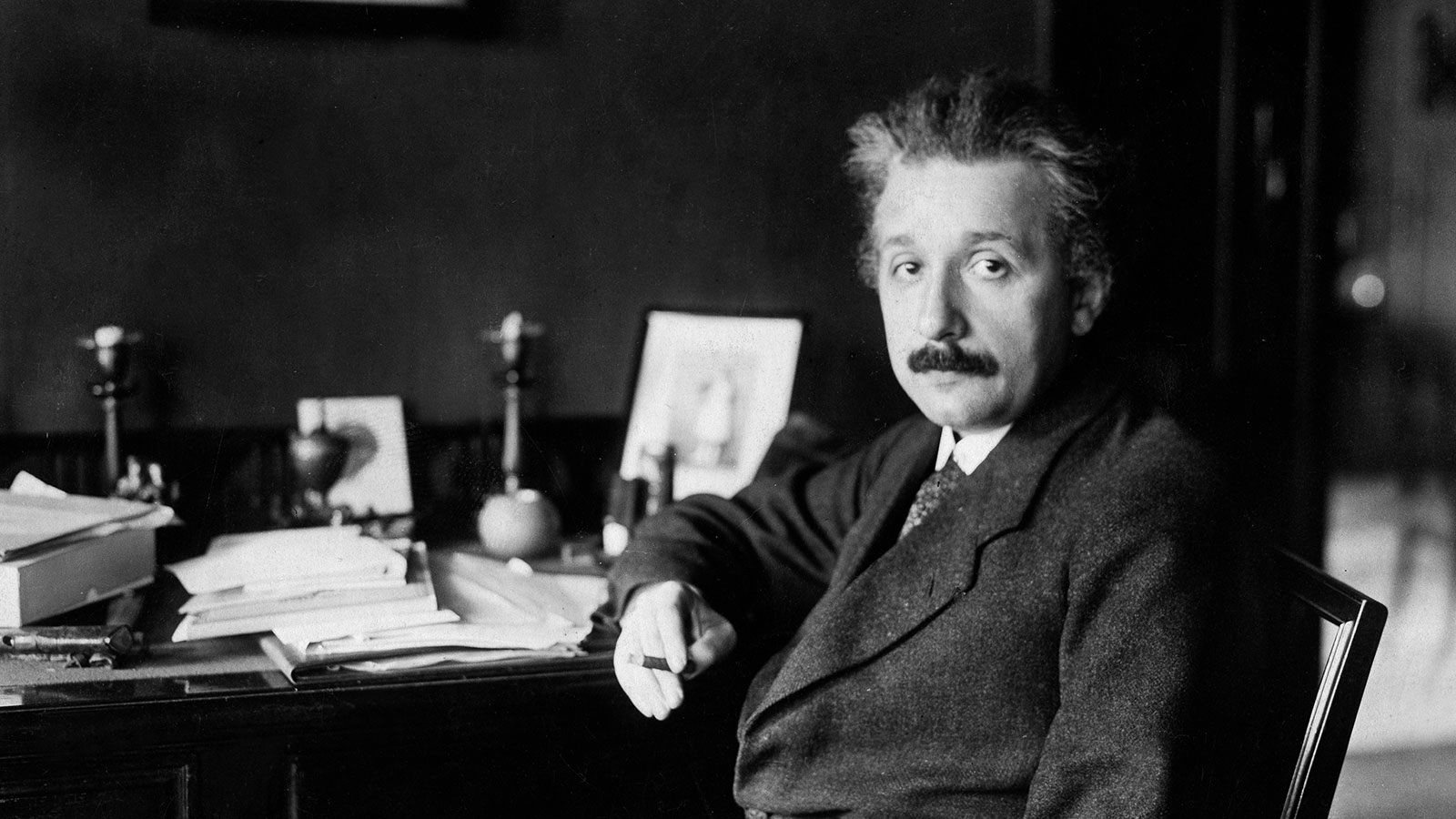
CommonCentsMom.com is advertiser-supported: we may earn compensation from the products and offers mentioned in this article. However, any expressed opinions are our own and aren't influenced by compensation. The contents of the CommonCentsMom.com website, such as text, graphics, images, and other material contained on this site (“Content”) are for informational purposes only. The Content is not intended to be a substitute for professional financial or legal advice. Always seek the advice of your Financial Advisor, CPA and Lawyer with any questions you may have regarding your situation. Never disregard professional advice or delay in seeking it because of something you have read on this website!
The world’s most influential people came from different walks of life, preached distinct ideologies, and belonged to different vocations from one another. What truly unites this list of people, was their endeavor and faculty to create real change in the world, and their power to impact and alter people’s way of thinking.
Whether you believed in their cause or not, these people held the aptitude to render true revolutions in the world. Their words and work continue to inspire and influence individuals today. Here is a list of the 50 most influential people to ever exist through the history of time.
1. Karl Marx
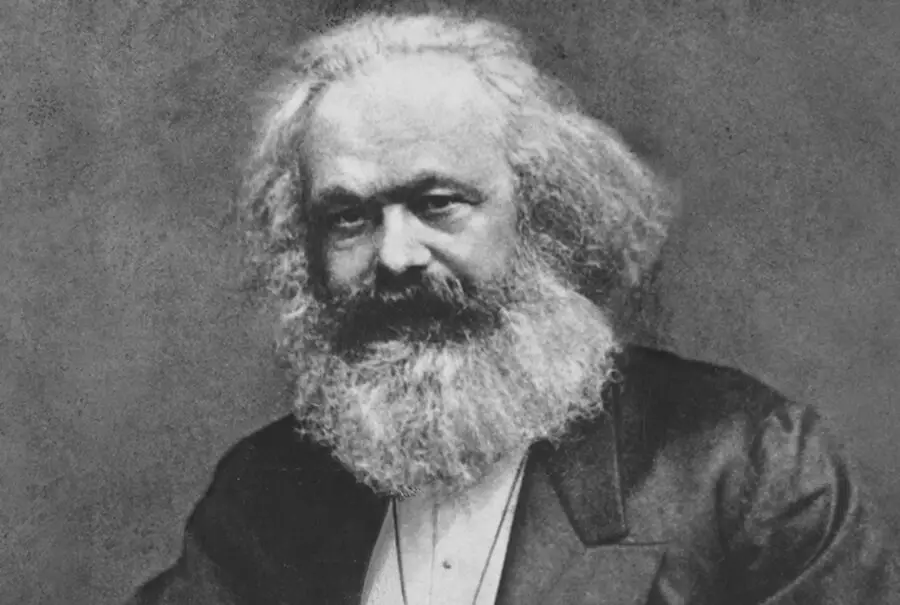
Time Frame: 1818 – 1883
A German philosopher, socialist revolutionary, sociologist, historian, economist, and political theorist, Karl Marx is a name everyone’s heard of in the world today. In fact, his name is so popular, that it has been used as a noun, an adjective, and even as the title of a school of social theory through history.
Marx’s lifework and critical theories in the fields of politics, society, and particularly economics, are collectively known as Marxism and inform a large portion of our understanding of economics and society today. Truly one of the most influential people to ever exist, Karl Marx was often referred to as a revolutionary and is known for drafting ‘The Communist Manifesto,’ pamphlet back in 1948.
2. Albert Einstein
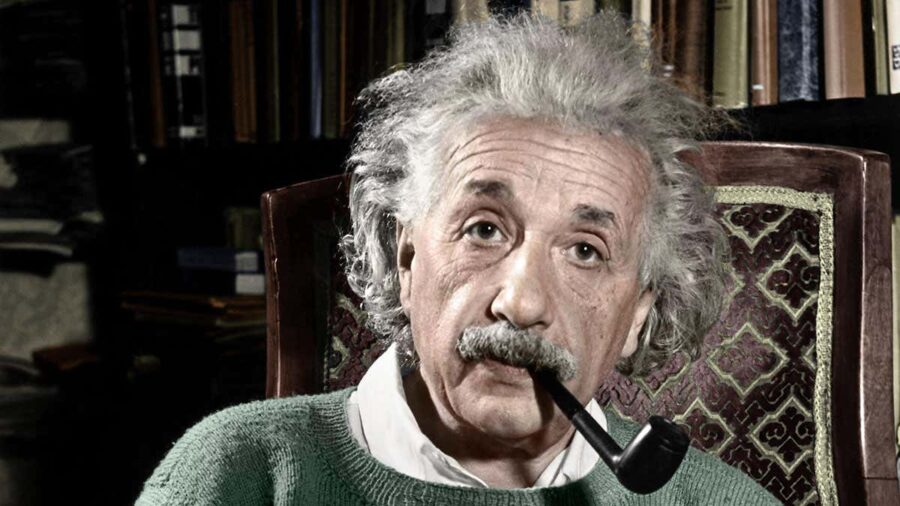
Time Frame: 1879 – 1955
German-born scientist Albert Einstein was a theoretical physicist and is acknowledged as one of the biggest names in the realm of science and physics today. Some of his notable work includes his development of the theory of relativity, his work on the theory of quantum mechanics, and his popular mass-energy equivalence formula (E = mc^2).
His contribution to the world of physics led to him winning the prestigious Nobel Prize in Physics in 1921. Today, Einstein continues to be one of the most inspirational names worldwide, and his name is widely used as a synonym for the word ‘genius’ globally.
3. Leonardo Da Vinci
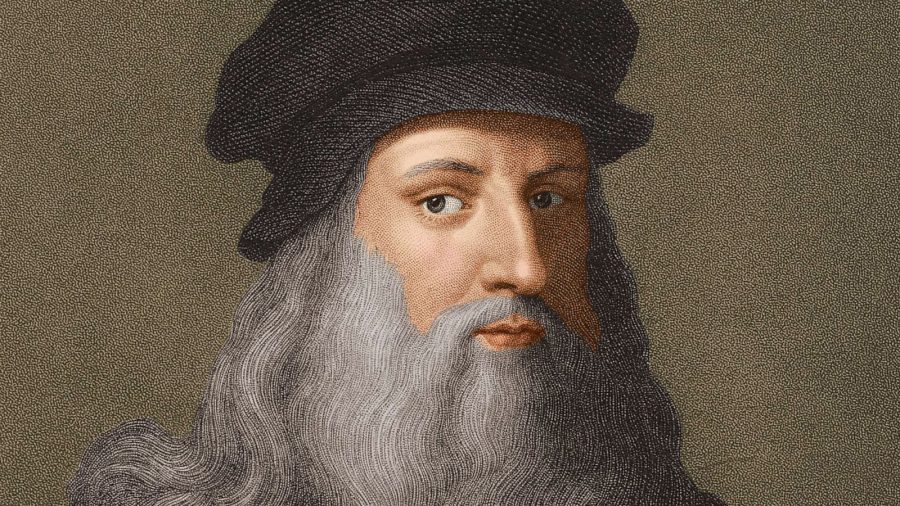
Time Frame: 1452 – 1519
Born in Italy in 1452, Leonardo Da Vinci was a brilliant polymath (an individual who possesses knowledge on a wide spectrum of subjects). A gifted painter, sculptor, inventor, theorist, engineer, scientist, and an architect, it is no wonder Da Vinci is one most popular people to ever exist in the history of time.
Some of his notable work includes the famous Mona Lisa and The Last Supper paintings, and his notebooks filled with detailed sketches of the human anatomy, the realm of astronomy, as well as some modern-day inventions such as a prototype of a helicopter. Considered to be the archetypal Renaissance man, Da Vinci is widely documented to be one of the most talented and intelligent humans to ever exist worldwide.
4. Marie Curie
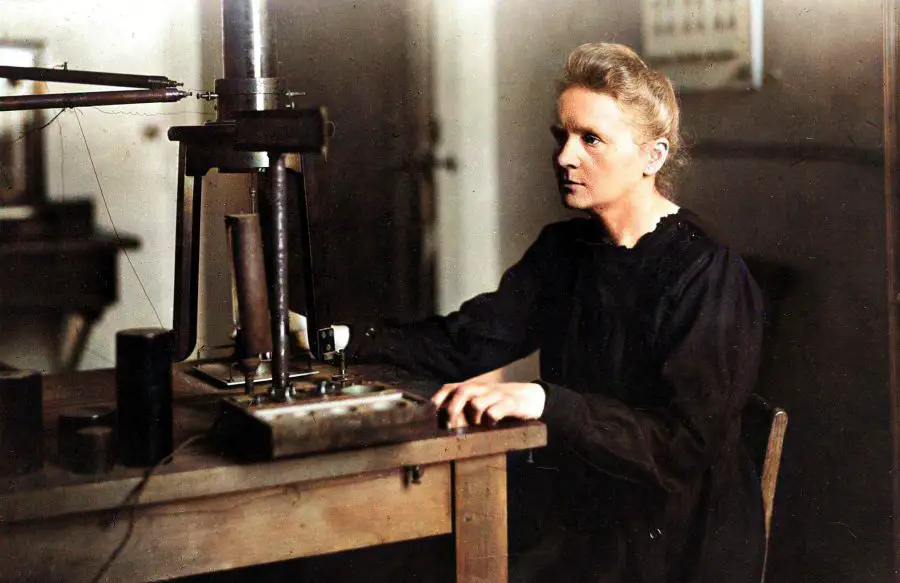
Time Frame: 1867 – 1934
The mother of modern physics, Marie Curie was a Polish physicist and chemist, who’s groundbreaking research on radioactivity led to the discovery of many scientific principles we know today. Curie broke many records through her years as a scientist. She became the first woman to win a Nobel prize, the only person to ever win a Nobel Prize in two different scientific fields (Chemistry and Physics), and the only woman to win 2 Nobel Prizes.
Some of Curie’s notable work includes her advancement in the practical use of X-Rays, as well as her discovery of 2 novel elements, polonium, and radium.
5. Martin Luther King Jr.

Time Frame: 1929 – 1968
Martin Luther King Jr. was a Baptist minister and an activist who is known for his leadership during the American civil rights movement. Inspired by Indian activist Mahatma Gandhi, as well as his Christian beliefs, Martin Luther King Jr. employed non-violent techniques and civil disobedience to greatly further the civil rights movement agenda.
Martin Luther King Jr. proved to incredibly inspirational and his ‘I Have A Dream’ speech, along with his non-violent protests and marches conducted to ask for the right to vote, as well as labor rights, continue to inspire people worldwide today.
6. Isaac Newton
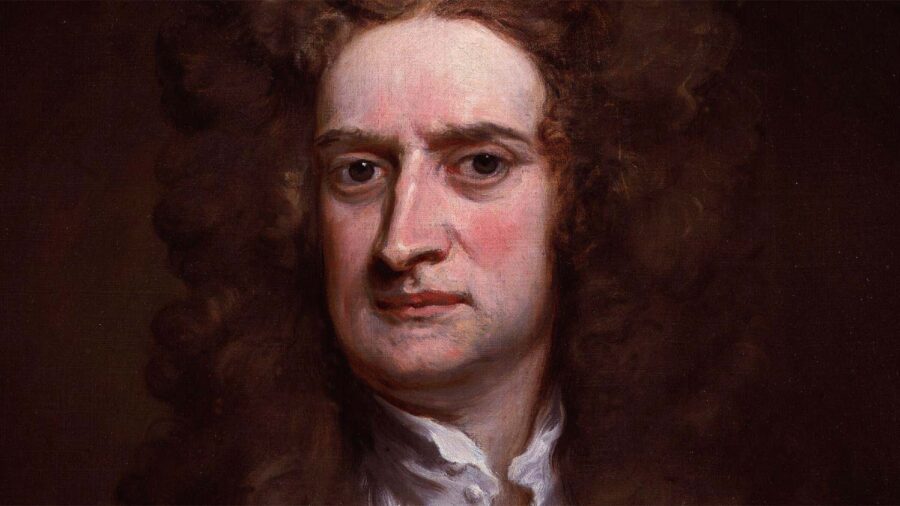
Time Frame: 1643 – 1727
Sir Isaac Newton was an English mathematician, physicist, author, astronomer, and theologist, who is considered to be one of the most significant names in the realm of science today. His work on the laws of motion, the laws of mechanics, as well as the theory of gravity, greatly informs our understanding of the world around us.
Apart from his developments in science, Newton is also recognized for his revolutionary findings in the world of mathematics. He invented and developed calculus, a subject that is still widely studied across the world today.
7. Abraham Lincoln
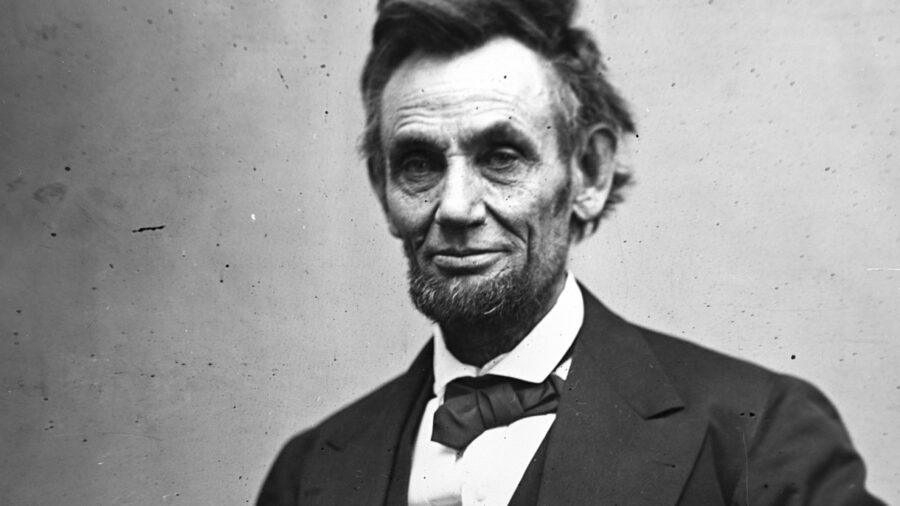
Time Frame: 1809 – 1865
Born in 1809, Abraham Lincoln was a lawyer and a statesman who was elected as the 16th President of the United States back in 1861. His presidency led to many crucial changes and eventually the betterment of the country. Serving as the leader of the country during the American Civil War, Lincoln eliminated slavery and modernized the American economy.
Known globally as ‘honest Abe,’ for leading the country with his quintessential honesty and integrity, Lincoln is also recognized for his part in securing the Union and continues to be one of the most important presidents in the history of the United States today.
8. Mahatma Gandhi
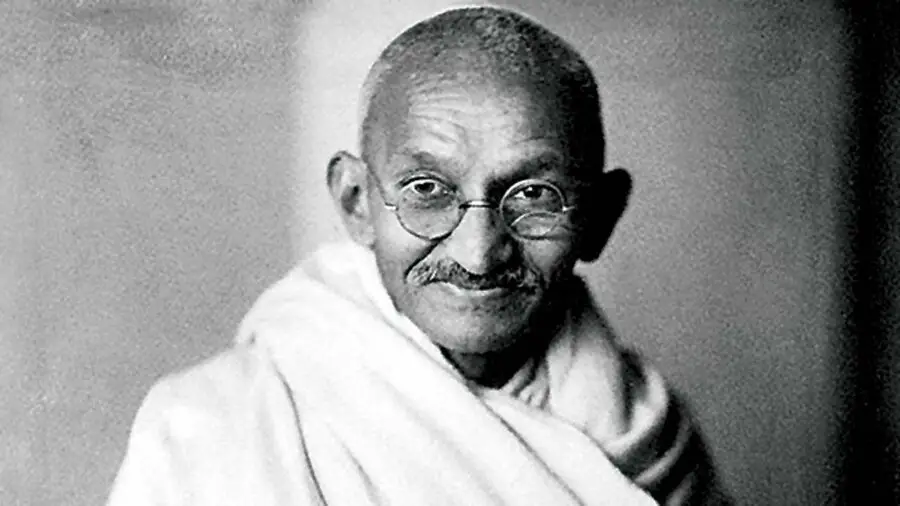
Time Frame: 1869 – 1948
Regarded in India as a ‘father of the nation,’ Mohandas Karamchand Gandhi (popularly known as Mahatma Gandhi), was a lawyer and anti-colonial nationalist, who’s techniques of non-violent resistance led to the Indian independence from British rule back in 1947. His novel methods of non-violent protesting inspired leaders worldwide, including the iconic Martin Luther King Jr. during the American civil rights movement.
9. Galileo Galilei
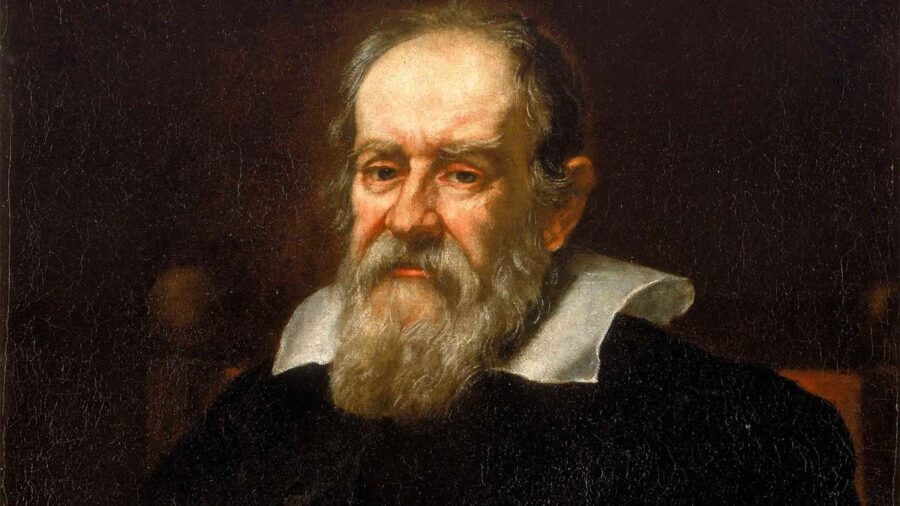
Time Frame: 1564 – 1643
Ask anyone who they believe is the most influential human in the world of astronomy, and you’re likely to hear the name Galileo. Born in Pisa during the 16th century. Galileo Galilei was an Italian physicist, astronomer, and engineer, who is often believed to be a polymath as well. Along with making vast improvements to the telescope, Galileo also made a number of crucial astronomical discoveries, widely contributing to the Scientific Revolution.
His support of Copernican heliocentrism (the belief that Earth revolves around the sun and rotates daily), led to a house arrest and immense opposition from the Catholic Church back then but is clearly accepted by the world today.
10. Benjamin Franklin
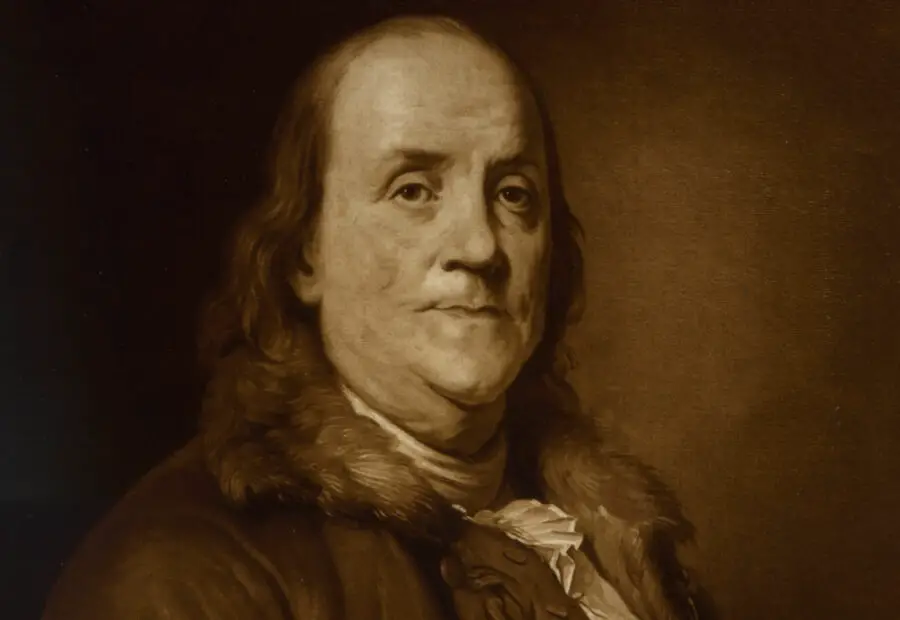
Time Frame: 1706 – 1790
Having your face printed on every 100-dollar bill is perhaps the epitome of being an influential being, and Benjamin Franklin truly deserves this honor. One of the Founding Fathers of the United States, Franklin was crucial in the writing and signing of the United States Constitution, and Declaration of Independence. A widely talented polymath, Franklin was a political philosopher, writer, scientist, inventor, politician, statesman, and diplomat.
His notable work includes his help in the discovery of electricity, the invention of the lightning rod, inventing the bifocals, as well as developing the Franklin stove.
11. Archimedes
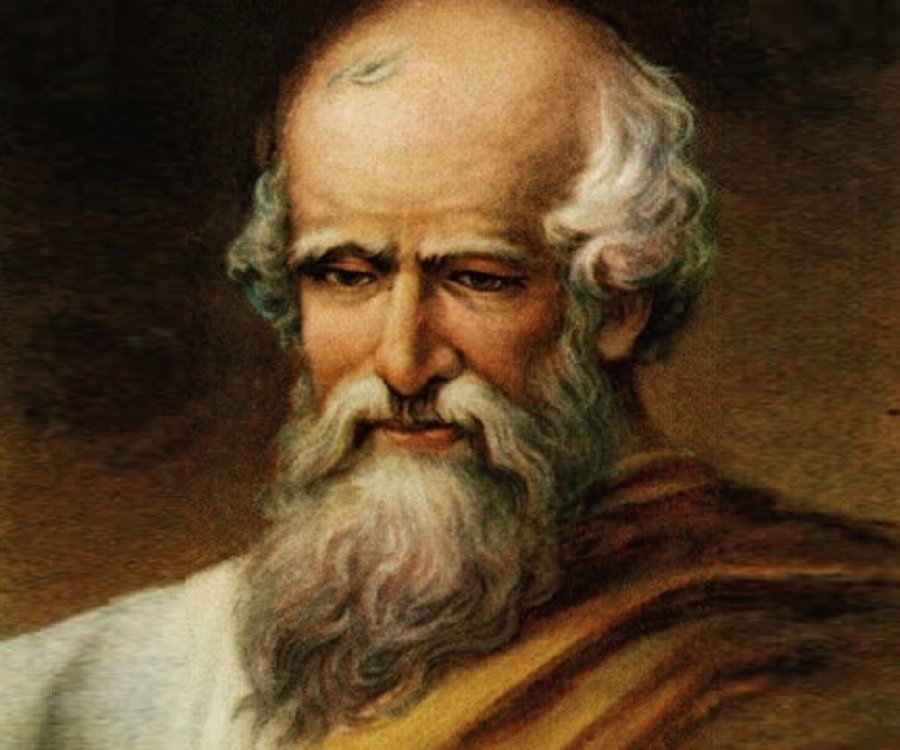
Time Frame: c. 287 BC – c. 212 BC
A Greek polymath, Archimedes of Syracuse was a mathematician, engineer, physicist, astronomer, and inventor. Often regarded as the most important mathematician in history, Archimedes’s research proved a number of geometrical theorems such as the area of a circle, the area of an ellipse, the area of a spiral, and the surface area and volume of a sphere.
Apart from his developments in the world of mathematics, Archimedes is also recognized for designing and inventing a number of novel and pioneering machineries such as compound pulleys and his screw pump.
12. Michelangelo
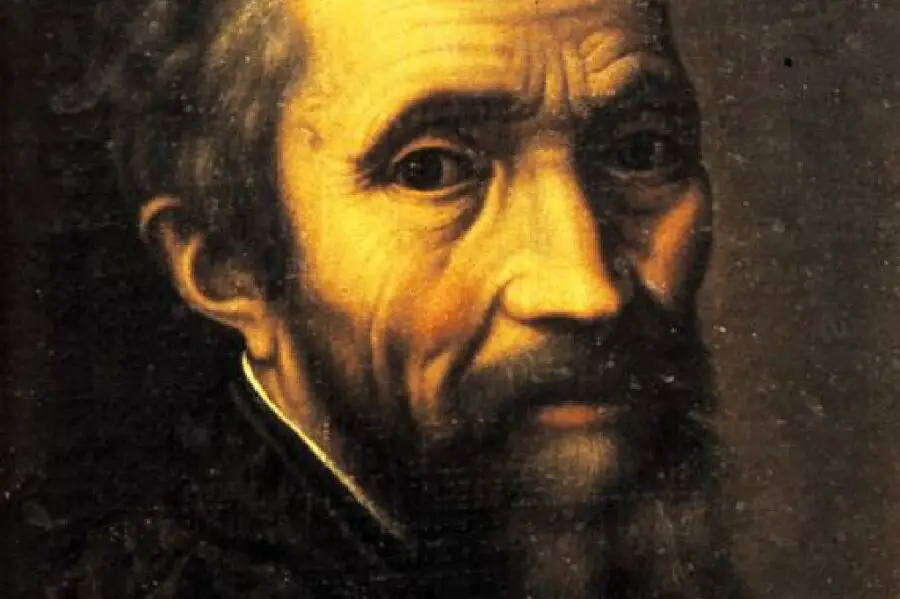
Time Frame: 1475 – 1564
Born in the Republic of Florence in 1475, Michelangelo was an Italian painter, sculptor, poet, and architect during the High Renaissance time period. Considered to be the greatest artist to ever exist, Michelangelo’s famous works include the renowned sculptures David and Pieta, as well as a fresco of the scene from Genesis on the ceiling of the Sistine Chapel in Vatical City.
Similar to rival Leonardo Da Vinci, Michelangelo is considered to be the prototypical Renaissance man, as well as one of the most influential Western artists of all time.
13. Nelson Mandela
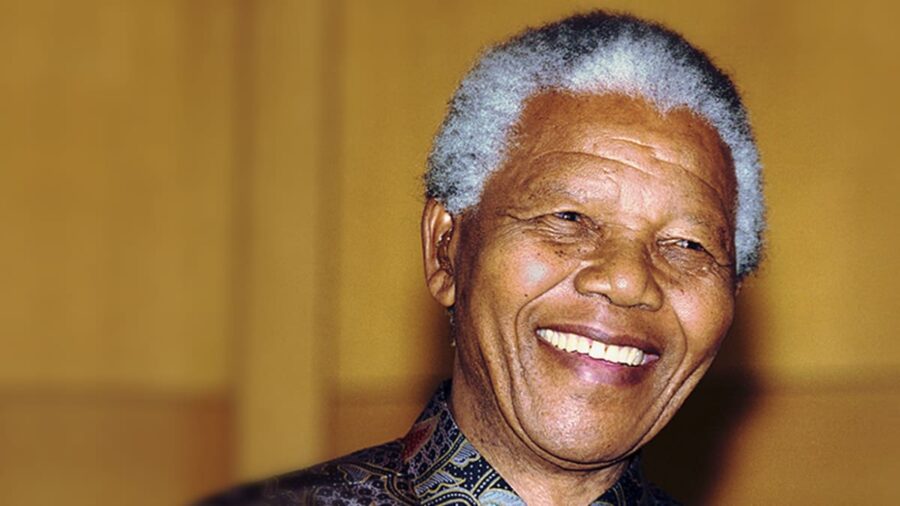
Time Frame: 1918 – 2013
Nelson Mandela was a South African political leader, activist, and philanthropist, who became the President of South Africa in 1994 and served until 1999. Mandela is best known for being revolutionary and crucial to the anti-apartheid movement that began in 1950, gaining recognition as a black rights activist, which led to him being imprisoned for over 2 decades.
The first black president of South Africa, Mandela won the Nobel Peace Prize in 1993. Today, Mandela is regarded as being highly influential in ending racial segregation in South Africa and bringing together a previously divided nation.
14. Winston Churchill
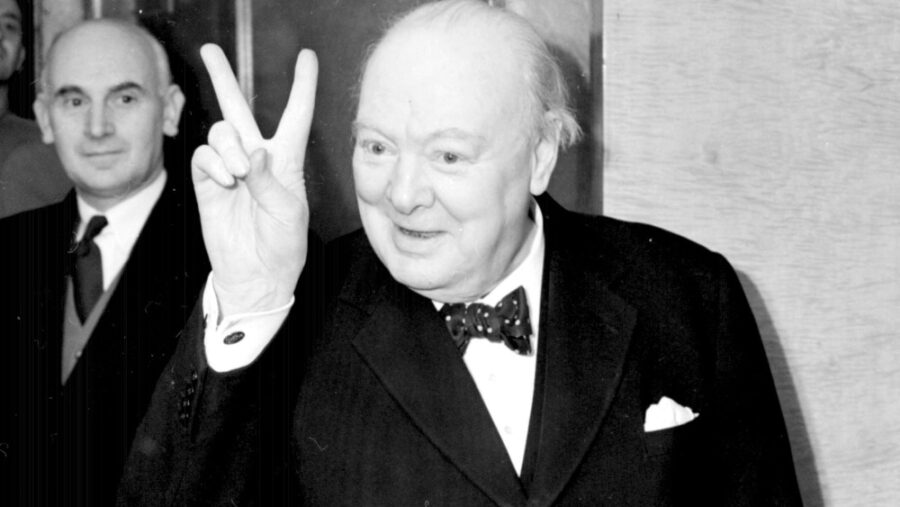
Time Frame: 1874 – 1965
Sir Winston Leonard Spencer Churchill was a British statesman born in 1874, who was elected as the Prime minister of the United Kingdom from 1940 to 1945, as well as from 1951 to 1955. One of the longest-serving politicians in the history of the United Kingdom, Churchill was also a creative painter, writer, and historian, and won the Nobel Literature Prize in 1953.
Churchill is highly commended for his leadership during the Second World War, during which he ordered city-wide blackouts that helped shield civilians from Nazi bombs, as well as engineering the D-Day invasion of Normandy which helped bring an end to the Nazi reign.
15. Henry Ford
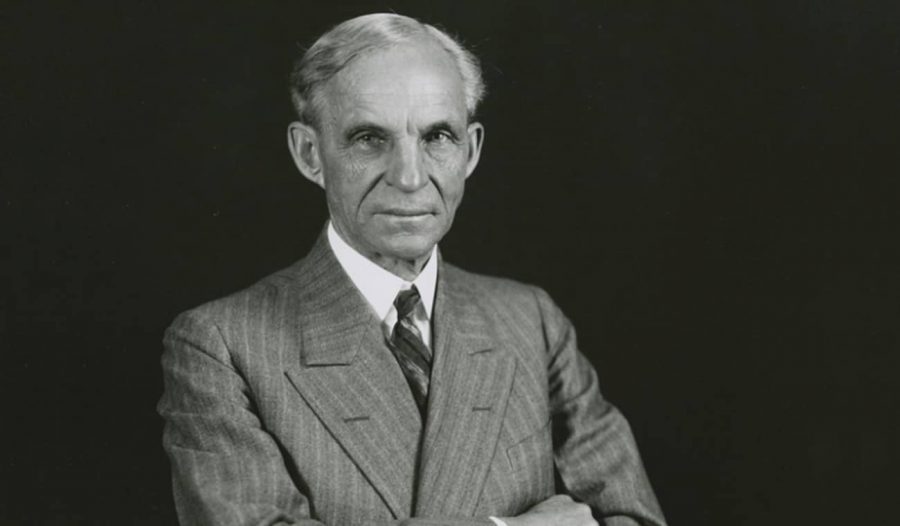
Time Frame: 1863 – 1947
Born in Michigan in 1863, Henry Ford was an American industrialist and innovator who developed the modern-day assembly line. Without Ford’s ingenious invention, efficient mass production would not exist in the world today.
Ford is also known for finding the Ford Motor Company and creating the first affordable automobile for the American middle-class. His technique of mass production combined with high wages for workers is known as ‘Fordism’ across the world today.
16. Wolfgang Amadeus Mozart
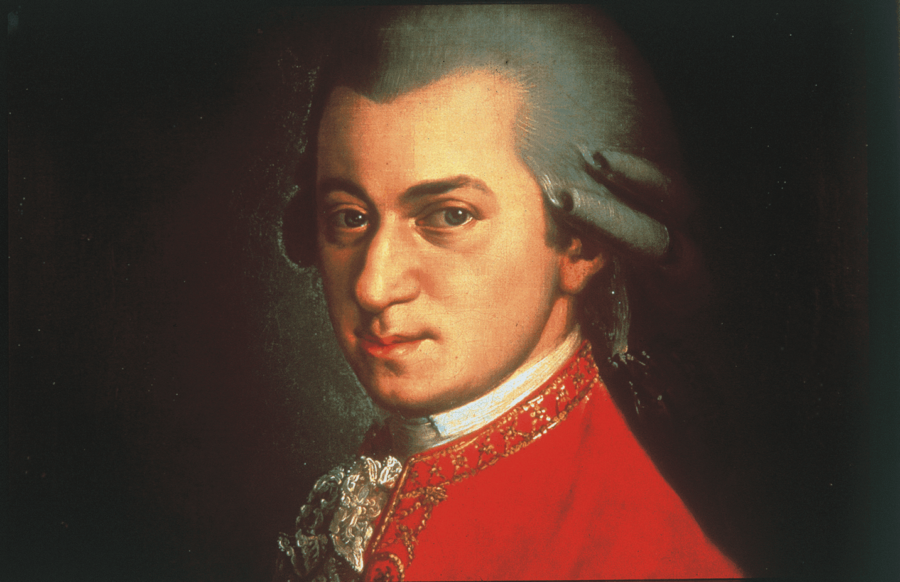
Time Frame: 1756 – 1791
Perhaps the most prolific composer to ever live, Wolfgang Amadeus Mozart was an Austrian composer who wrote some of the most famous melodies and operas that exist today. Unlike most other classical musicians, Mozart wrote in a variety of genres, outshining in each one. At a very young age, Mozart had already excelled in and mastered a number of instruments, and wrote the famous nursery rhyme, ‘Twinkle Twinkle Little Star,’ at the age of 25.
Mozart died at the young age of 35 and his death stirred an aura of mystery and speculation from people worldwide. Even though it’s widely believed that the young composer died of a long-term illness, many still believe his death is masked by foul play.
17. Charles Darwin
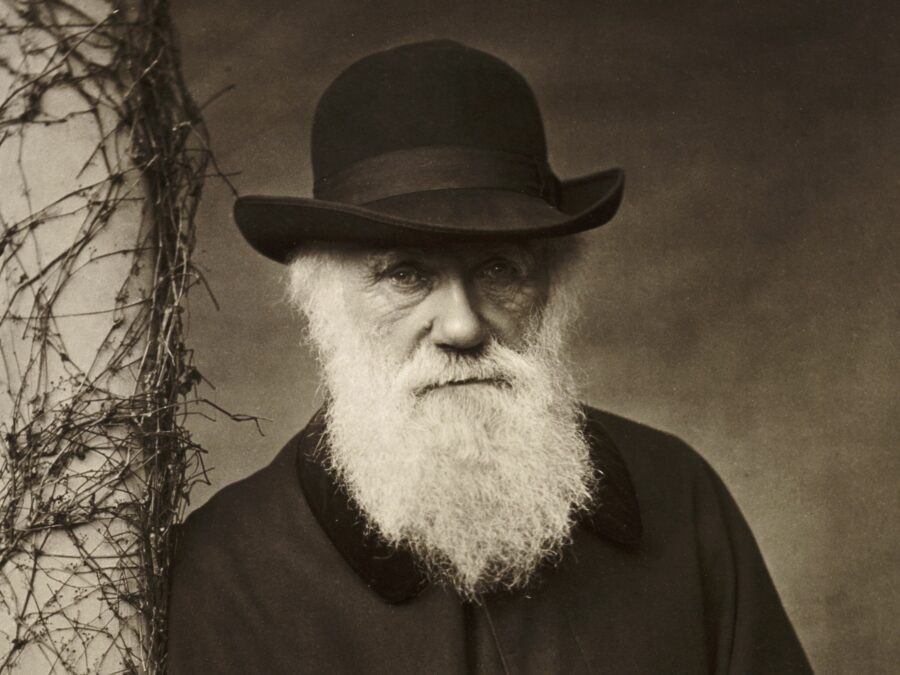
Time Frame: 1809 – 1882
The father of evolution, Charles Darwin was an English biologist, naturalist, and geologist. He was the first scientist in the world to theorize and popularize the concept of evolution, suggesting that mankind evolved from lower life forms, rather than the traditional philosophies people believed in before.
His scientific theory caused a stir in society back in the 19th century and led to a colossal controversy. However, today, Darwin’s theory of evolution is widely accepted throughout the scientific community and is taught in schools worldwide.
18. William Shakespeare
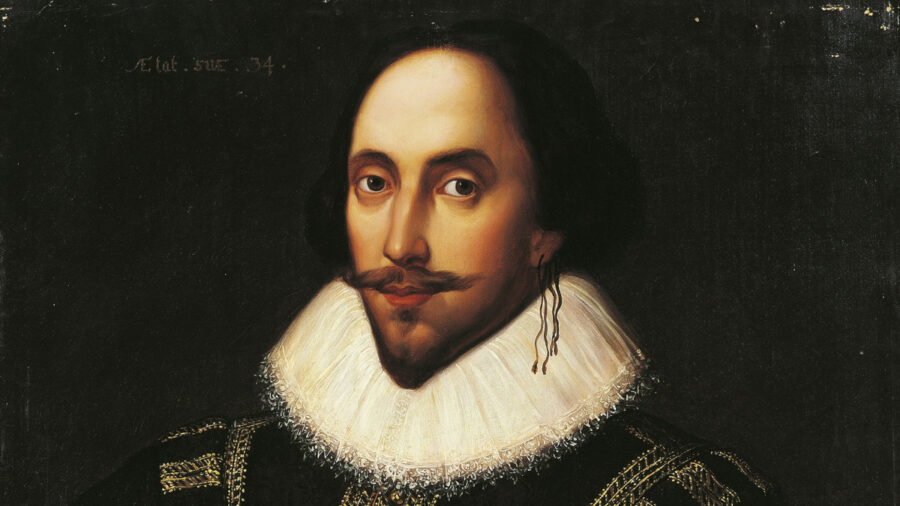
Time Frame: 1564 – 1616
Considered to be the best writer and dramatist across the world, William Shakespeare was an English poet and playwright. During his lifetime, he completed 154 sonnets, 3 long narrative poems, and 39 plays, which have all now been translated into every major language across the world.
Some of Shakespeare’s plays such as Romeo and Juliet, Macbeth, and Hamlet, are considered to be the best tragedies ever written and given the world some famous proverbs such as ‘a rose by any other name would smell as sweet.’
19. Napoleon Bonaparte
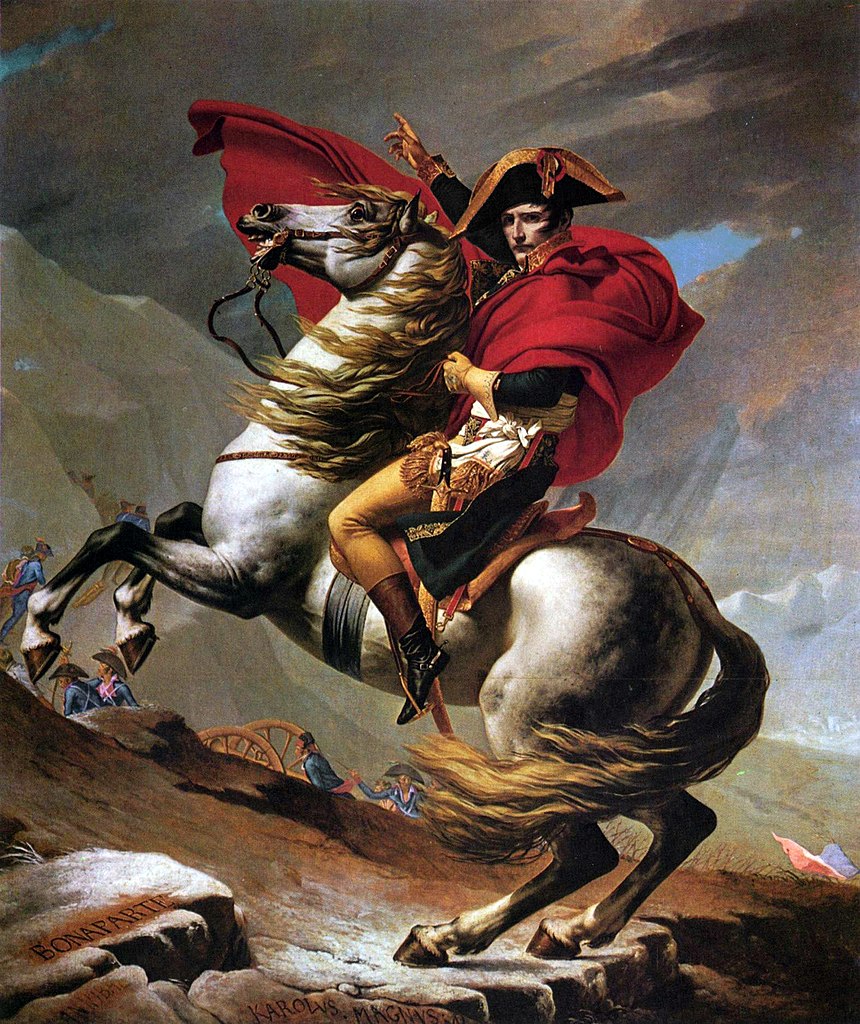
Time Frame: 1769 – 1821
One of the most influential revolutionaries to ever exist, Napoleon Bonaparte was a French political and military leader. Bonaparte gained recognition for commanding a number of successful campaigns during the French Revolution’s Revolutionary wars. During the Napoleonic Wars, Napoleon managed to build an empire that dominated a large part of Western Europe, until its defeat in 1815.
While Napoleon is considered to be a tyrant by many, he is also recognized as one of the greatest commanders that ever lived. His modern military techniques greatly aided the French army and are still studied across the world at military academies.
20. Thomas Edison
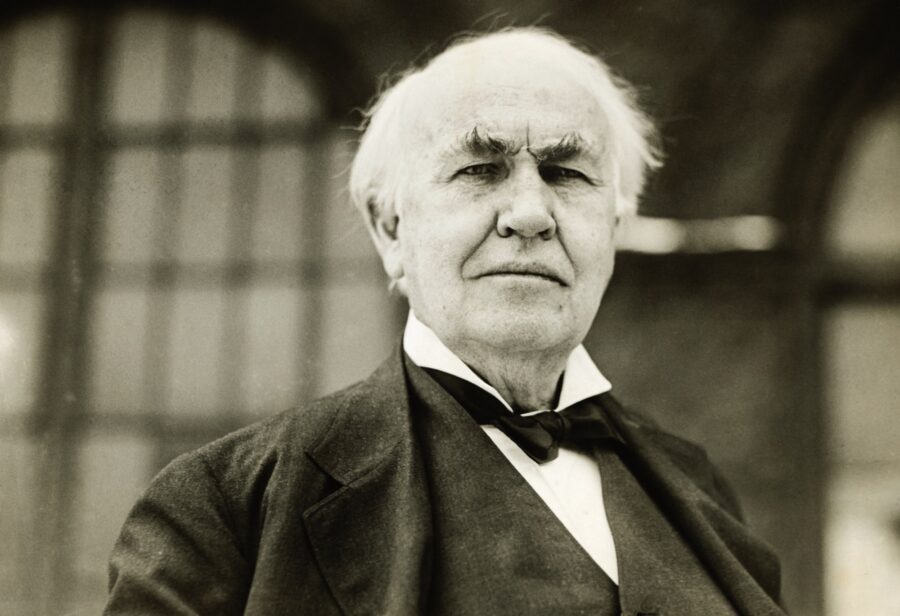
Time Frame: 1847 – 1931
Thomas Edison was an American inventor and businessman whose work is said to have a massive influence on today’s modernized industrial world. With over 1,000 patents, Edison helped discover and produce a number of the world’s greatest technological inventions. Some of his most notable inventions include the phonograph (a record player), a motion picture camera (widely used for films), prototypes for an electric car, as well as the electric lightbulb we all use today.
His work has greatly influenced and advanced a number of fields such as mass communication, motion pictures, and electric power generation.
21. Neil Armstrong

Time Frame: 1930 – 2012
The first man to ever walk on the moon, Neil Armstrong was an American astronaut, test pilot, naval aviator, and aeronautical engineer. Armstrong made headlines in 1969 when he, along with Buzz Aldrin landed on the moon in the Apollo 11 spaceflight.
His words, ‘that’s one small step for man, one giant leap for mankind,’ became popular across the world and Armstrong quickly became a household name, inspiring people worldwide. Armstrong won many accolades during his time and was decorated by 17 countries.
22. Walt Disney
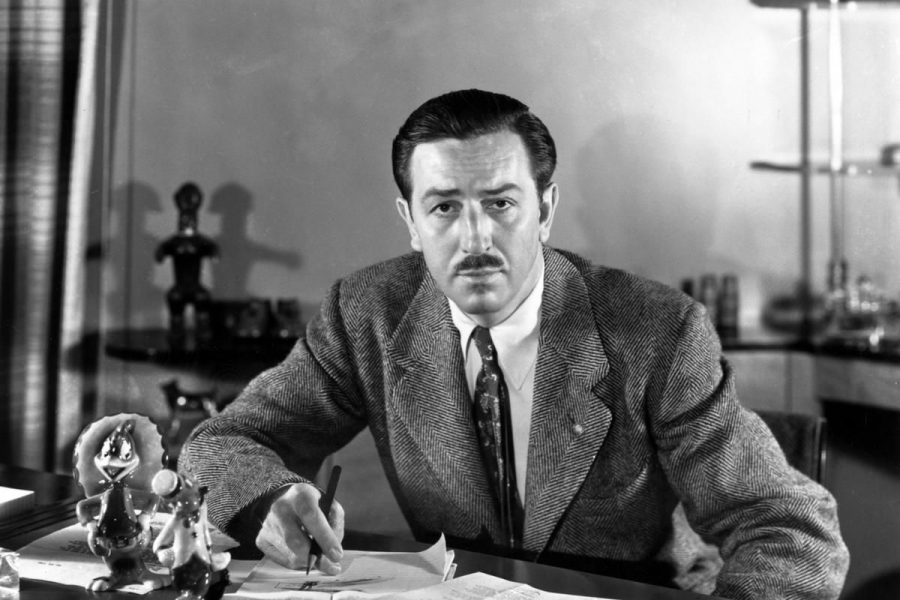
Time Frame: 1901 – 1966
The biggest influence in the world of animation, Walt Disney was an American entrepreneur, film producer, writer, animator, and voice actor. Disney created some of the most popular cartoon characters to ever exist, such as Mickey Mouse, Donald Duck, and Goofy. His animated films were loved by people across the world and won him a whopping 22 Oscars out of 59 nominations as a film producer.
Today, Disney’s legacy lives on. The company now owns some of the biggest franchises in entertainment such as Marvel and Star Wars, as well as runs 12 Disneyland amusement parks around the world.
23. Stephen Hawking

Time Frame: 1942 – 2018
Born in 1942 in Oxford, Stephen William Hawking was an English theoretical physicist, author, and cosmologist. His pioneering research on the origin of the universe, the Big Bang, subatomic particles, and black holes helped make large strides in the realm of theoretical physics today.
In 1963, Hawking was diagnosed with motor neuron disease that led to his body being slowly paralyzed over a number of years. Even after losing his ability to move or talk, Hawking continued to remain an influential and practicing physicist using a speech-generating device to communicate, until his death in 2018.
24. Nicolaus Copernicus
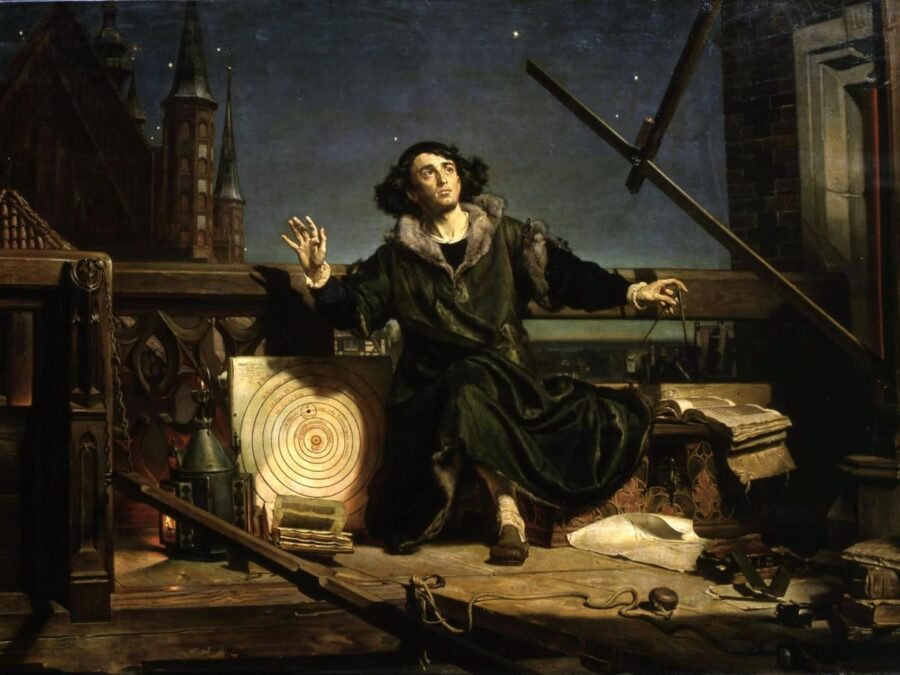
Time Frame: 1473 – 1543
To evoke real influence in this world, you cannot be scared to stand for what’s right, even when your views challenge the rest of the world. Nicolaus Copernicus was one such revolutionary. A Polish mathematician, and astronomer, Copernicus was the first living being to propose that the Sun remains in the center of the universe, rather than the Earth.
This notion challenged the previously accepted orthodox beliefs that the Sun rotates around the Earth. His novel model was published in a book titled ‘De Revolutionibus Orbium Coelistium,’ that released in 1543 shortly before his death, and marked a great and important revolution in the world of science.
25. Bill Gates
Time Frame: 1955 – Present
Billionaire Bill Gates is an American entrepreneur, software developer, author, investor, and philanthropist, famous for creating the Microsoft Corporation. A technology savant, Gates created his very first software program at the young age of 13. He dropped out of Harvard in his sophomore year and went on to cocreate Microsoft with his partner Paul Allen in 1975.
His corporation has given us some of the most important software products we all use today, such as Microsoft Word, Excel, PowerPoint, and the Internet Explorer. Microsoft also owns the famous gaming console Xbox and is always at the top when it comes to pioneering technologies.
26. Vincent Van Gogh
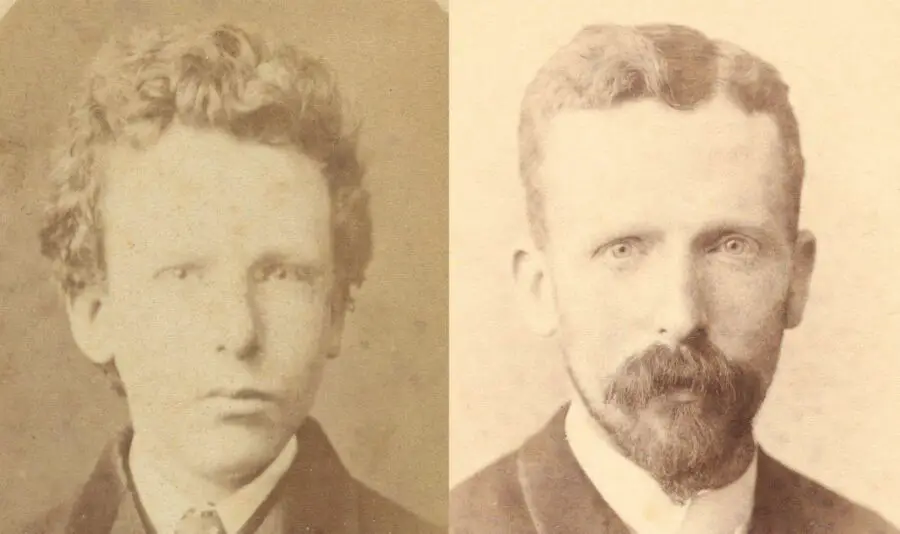
Time Frame: 1853 – 1890
If you consider yourself to be a fan of art, you’ve probably heard of Van Gogh’s famous painting Starry Night. Born in the Netherlands, Vincent Van Gogh was a Dutch artist, known for his post-impressionist artworks. One of the most prominent names in the world of Western Art today, Van Gogh created over 2,000 pieces of artwork that include his famous oil paintings showcasing portraits, self-portraits, landscapes, and still-life works.
Even though he is one of the biggest names in the art industry now, Van Gogh did not receive widespread commercial success during his lifetime and succumbed to suicide at the age of 37 fueled by depression, illness, and poverty.
27. Sigmund Freud
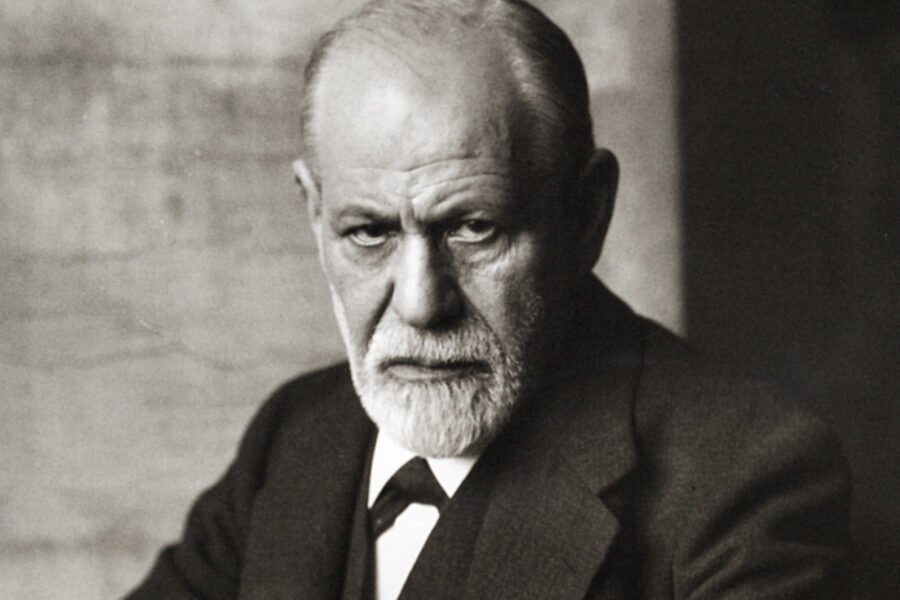
Time Frame: 1856 – 1939
Born in 1856, Sigmund Freud was an Austrian neurologist. He gained prominence for finding the field of psychoanalysis, a set of methods and theories that help treat mental disorders by analyzing the unconscious mind.
Although his research on psychoanalysis and its validity is questioned in many parts of the world, psychoanalysis still remains to be employed in many fields outside of therapy, such as psychoanalytic literary criticism, which is used to analyze and deconstruct fairy tales and films.
28. Mother Teresa

Time Frame: 1910 – 1997
Mother Teresa was a Roman Catholic nun and missionary of Albanian-Indian descent. She was born in North Macadamia, moved to Ireland at the age of 18, and subsequently to India, where she spent a large part of her life. In 1950, Mother Teresa established a Roman Catholic religious congregation named the Missionaries of Charity, which runs in over 100 countries across the world. Her charity is headed by over 5000 nuns and establishes homes for patients dying from leprosy, HIV/AIDS, and tuberculosis. The charity also runs orphanages, soup kitchens, counseling programs, and other services. For all her years of service, Mother Teresa received many accolades including the Nobel Peace Prize back in 1979.
29. Robert Oppenheimer
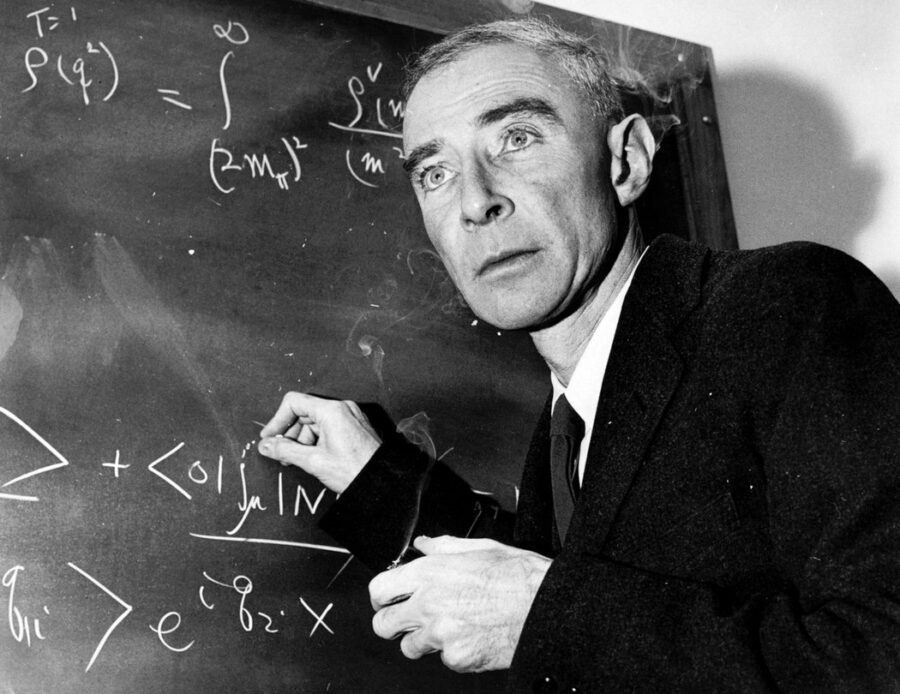
Time Frame: 1904 – 1967
J. Robert Oppenheimer was an American science administrator and theoretical physicist who came into prominence for his time as a director at the Los Alamos Laboratory, where the world’s first atomic bomb was invented during the 1940s. Often referred to as the ‘father of the atomic bomb,’ Oppenheimer was also a part of the Manhattan project, developing some of the world’s first nuclear weapons during the Second World War. In 1963, President John F. Kennedy awarded Oppenheimer the Enrico Fermi Award.
30. Frida Kahlo
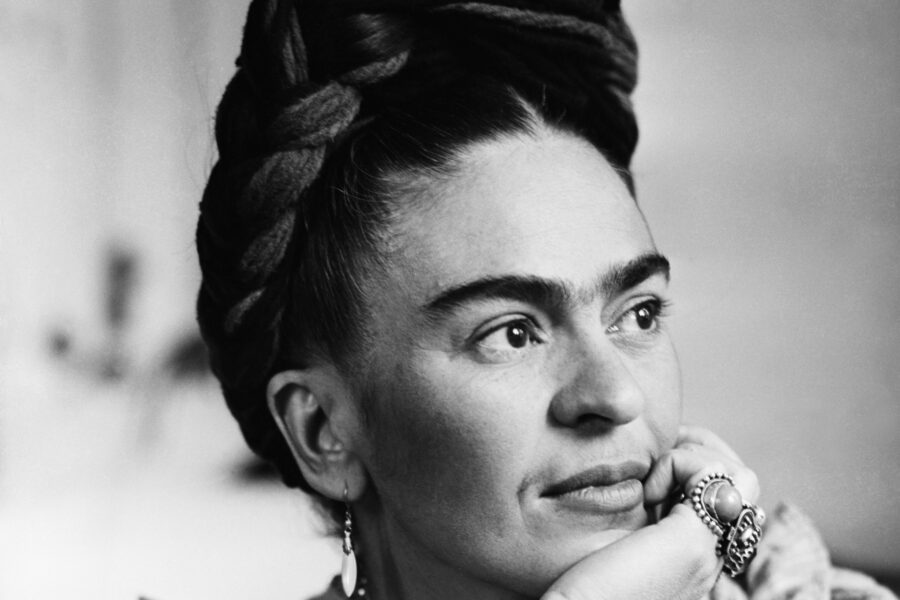
Time Frame: 1907 – 1954
The most famous female artist to ever exist across the world, Frida Kahlo was a Mexican painter. She is best known for her bold and vivid self-portraits (which she began painting during several weeks of bed rest after an accident) and is regarded as one of the most brilliant surrealist and realist painters worldwide.
Her paintings often explored themes of gender, identity, class, and race in Mexico. Kahlo’s popularity has continued to grow substantially since her death, and she is widely recognized as a feminist icon around the world today.
31. Christopher Columbus
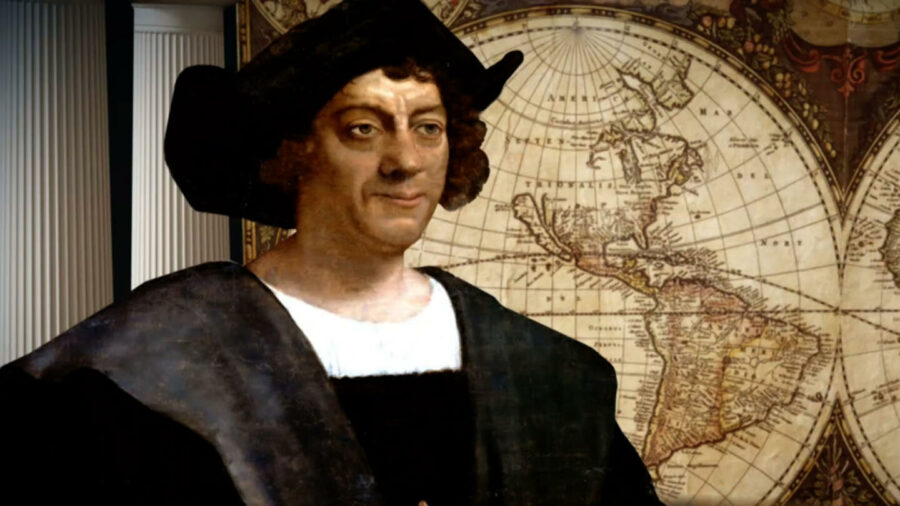
Time Frame: 1451 – 1506
One of history’s greatest navigators, Christopher Columbus successfully completed 4 voyages across the Atlantic Ocean back in the 15th century. An Italian explorer and colonizer, Columbus is best known for his discovery of the Americas. His voyages to America led to the future colonization of the two continents by the European empire.
He was given the title ‘Admiral of the Ocean Sea,’ in 1492, and later labeled as the ‘discoverer of the New World.’ Columbus named a number of islands and places such as Costa Rica, Saint Lucia, Trinidad and Tobago, and Columbia.
32. Nostradamus
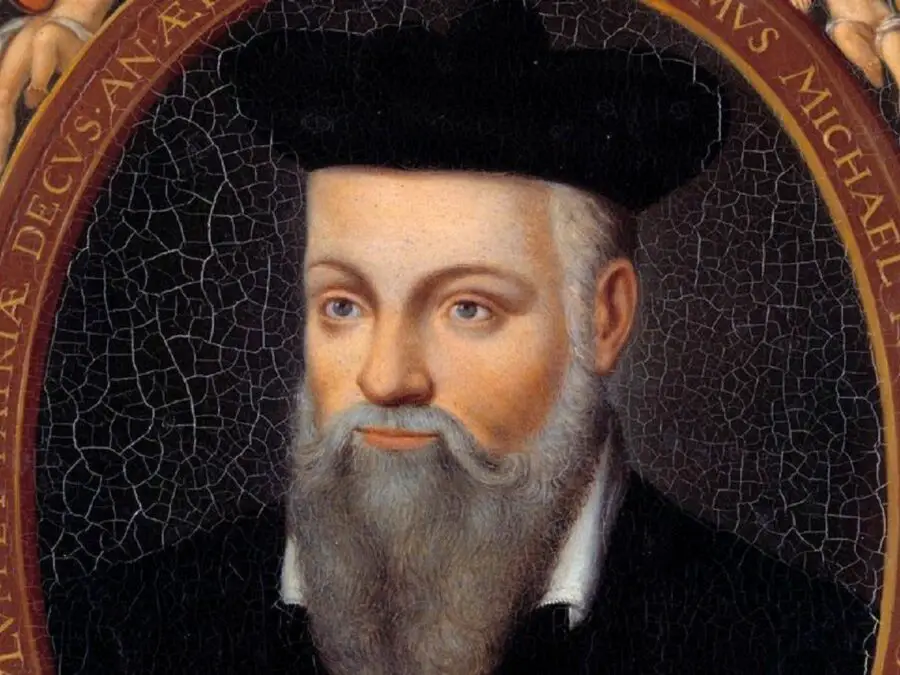
Time Frame: 1503 – 1566
Michel de Nostradamus was a French physician and astronomer who wrote the famous book ‘Les Propheties,’ published in 1555. His book consisted of a collection of 942 poems that each allegedly predicted a future event. Nostradamus explored the world of the occult and had a psychic awakening during the 1530s, that helped him foresee many future happenings such as upcoming natural disasters and other conflicts.
While some believe his book was a mere gimmick, many believe Nostradamus correctly predicted a number of global conflicts such as the French Revolution, the rise of Adolf Hitler and Napoleon Bonaparte, as well as the 9/11 attacks.
33. Nikola Tesla
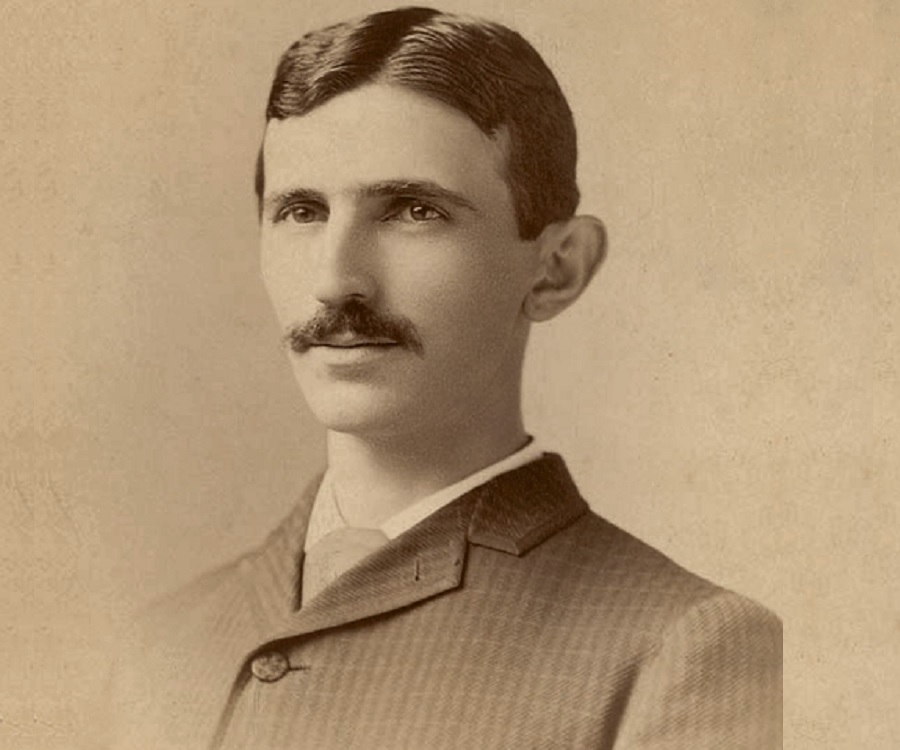
Time Frame: 1856 – 1943
Born in Serbia in 1856, Nikola Tesla was an inventor, futurist, electric engineer, and mechanical engineer. His greatest invention, the alternating current electricity system, popularly known as the AC, is used by people daily worldwide today. After he arrived in the United States, Tesla worked alongside Thomas Edison for a couple of months, before parting ways and establishing his own solo career. His other notable inventions include the three-phase system of electric power transmission, discovering the rotating magnetic field, and the Tesla coil (widely used in radio technology.)
34. Socrates
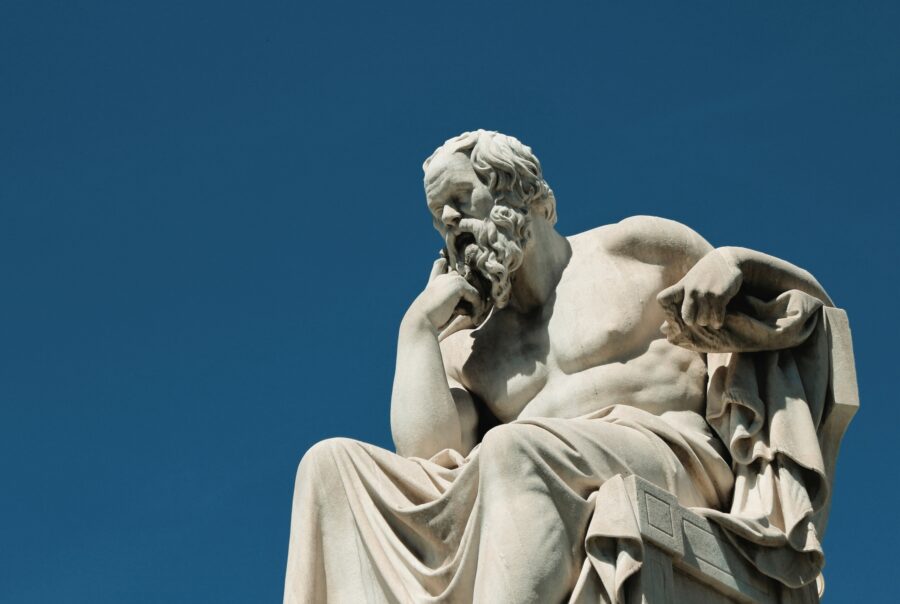
Time Frame: c. 470 BC – c. 399 BC
Often called ‘the father of Western philosophy,’ Socrates was a Greek philosopher who is considered to have a great influence in the development of the Western civilization. He is widely recognized as the founder of Western ethical tradition and thought, being the first moral philosopher to exist in Western history. Even though no written texts by Socrates exist today, his thoughts and words gained prominence through the scriptures of some classical writers and a few of his disciples such as Plato, and Xenophon.
35. Alexander the Great
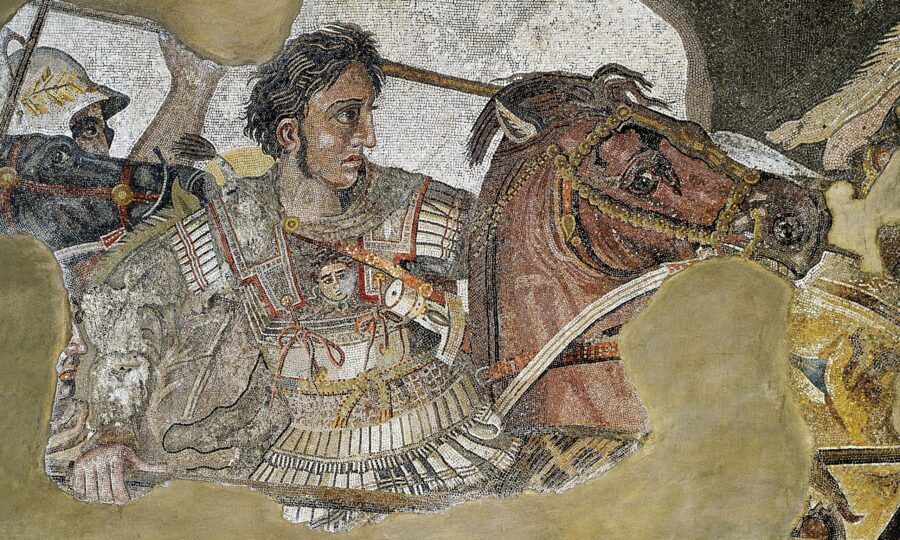
Time Frame: c. 336 BC – c. 323 BC
King of Macedon (an ancient Greek kingdom), Alexander the Great is regarded as the greatest military commander to ever exist across the world. His journey around the globe, allowed him to expand his empire all the way from Greece to Northwestern India, creating one of the largest empires in the history of time. Tutored by the famous Aristotle, Alexander the Great employed his learnings in subjects such as philosophy, poetry, and ideals of government to conquer a large number of nations and remain undefeated during his reign.
36. Johannes Gutenberg
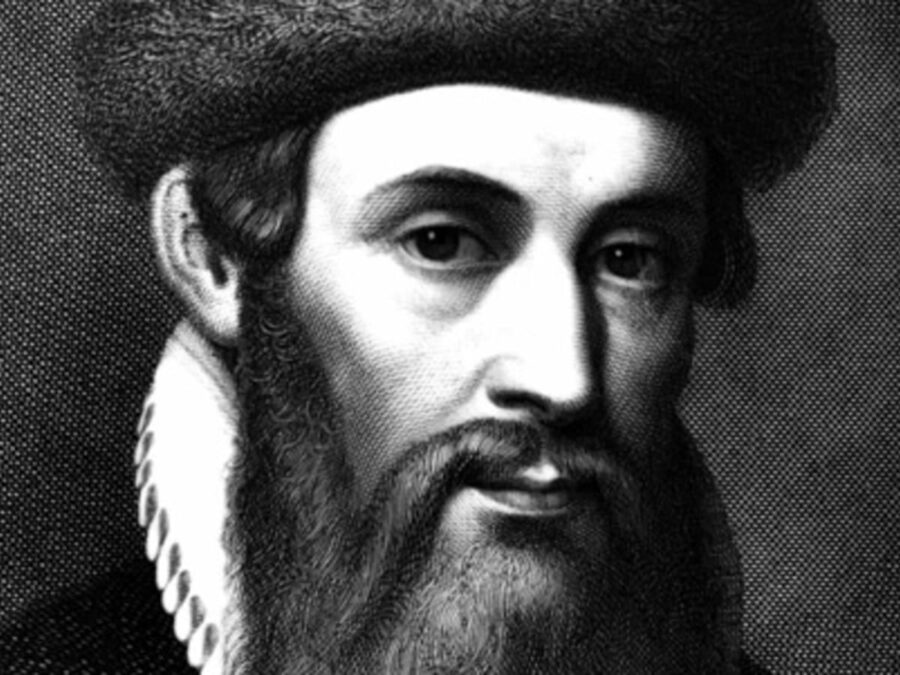
Time Frame: 1400 – 1468
Inventor of the printing press, Johannes Gutenberg was a German goldsmith, blacksmith, printer, and publisher, who revolutionized the world of books and literature. Before Gutenberg’s invention, all books were handwritten, and as a result, a lot more expensive to purchase.
The Gutenberg Press employed a moveable type, enabling more affordable books that could easily be mass-produced. His mechanical moving printing press helped begin Europe’s Printing Revolution and is widely considered to be one of the most important milestones to take place in the second millennium, helping bring modernization to the world.
37. Cai Lun
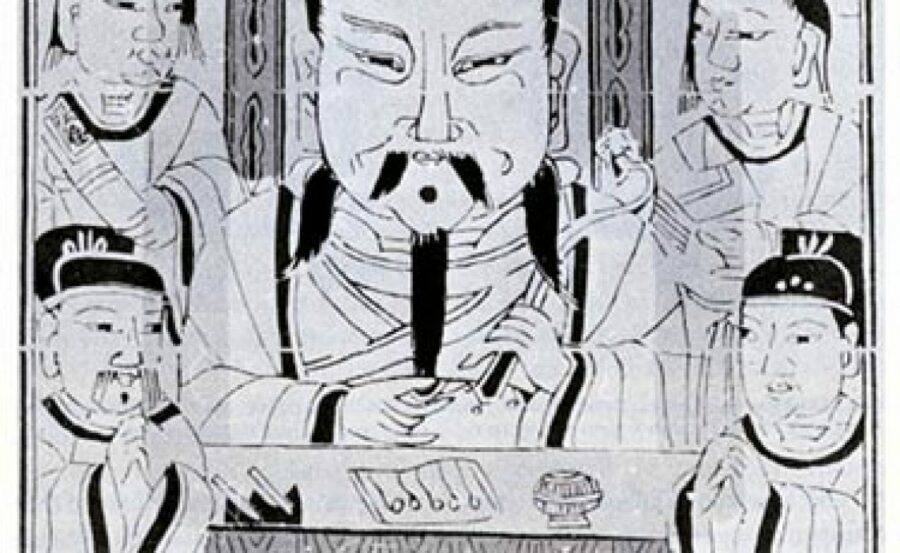
Time Frame: 50-62 CE – 121 CE
Cai Lun (formerly known as Ts’ai Lun), was a Chinese court official of the Eastern Han dynasty. Lun is responsible for the discovery of one of the greatest and most important inventions in the world through the history of time, paper, as well as the modern papermaking process.
Even though other forms of paper existed centuries ago, Lun discovered the use of materials such as tree bark, hemp, silk, and fishnet to create the modern version of the paper, which could easily be mass-produced. His invention aided in the development of the Chinese civilization and in improving literacy and education by providing a source to spread knowledge and information easily.
38. Louis Pasteur
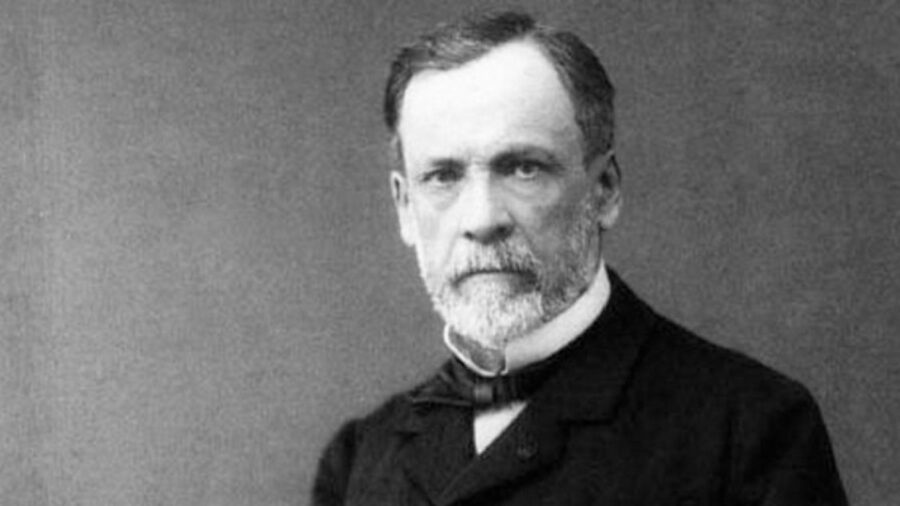
Time Frame: 1822 – 1895
Louis Pasteur was a French microbiologist and chemist whose pioneering research on diseases and the development of various vaccines has had a great impact on the world by saving millions of lives to date. Called the ‘father of bacteriology,’ as well as the ‘father of microbiology’ by many, Pasteur is most famous for finding the cure to rabies and anthrax.
His discovery of the principle of pasteurization, allowed the world to pasteurize milk in a manner that keeps it safe from tuberculosis. Other notable achievements by Pasteur include invalidating the theory of spontaneous generation and showcasing the world how it is impossible for germs and bacteria to grow in sealed and sterilized flasks.
39. Aristotle
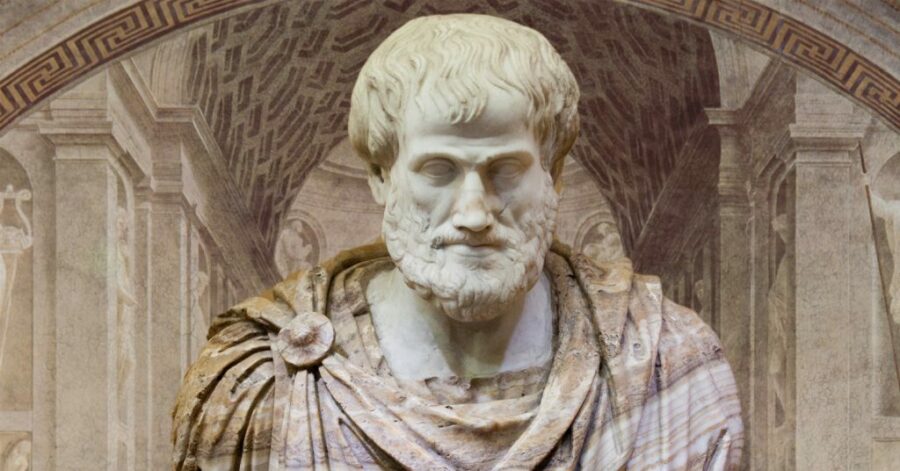
Time Frame: 384 BC – 322 BC
Regarded as one of the greatest thinkers to ever exist in the history of time, Aristotle was a polymath, natural scientist, and philosopher born during the Classical period in Ancient Greece. One of Plato’s students, Aristotle founded Lyceum, a school of philosophy. A polymath, Aristotle’s writings covered a number of subjects such as ethics, biology, physics, psychology, politics, economics, and poetry, and have had a massive impact in the world of science and philosophy. Today, a large portion of our knowledge of the ancient world is based on Aristotle’s writing, therefore he is deemed to have had a great influence on Western civilization.
40. James Watt
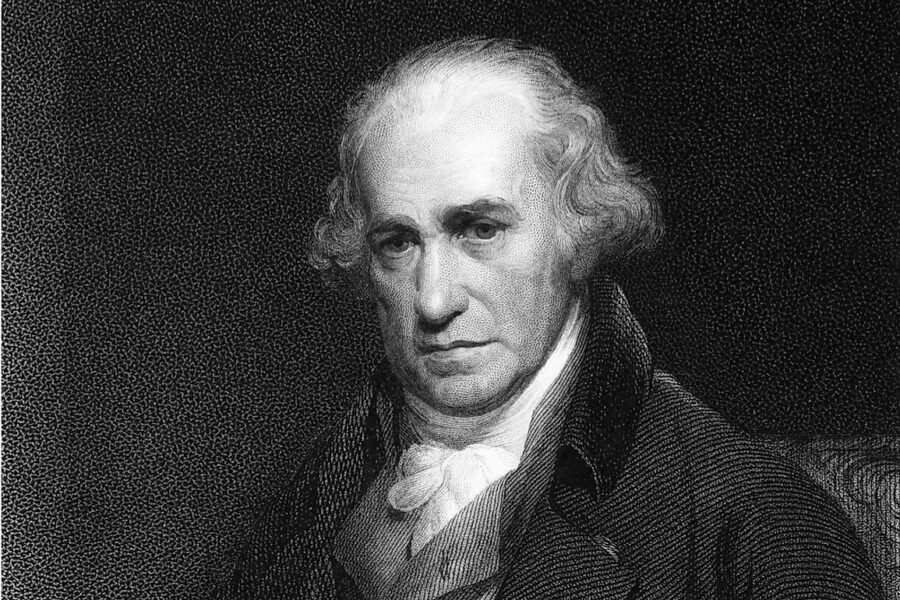
Time Frame: 1736 – 1819
Born in Greenock in 1736, James Watt was a Scottish chemist, mechanical engineer, and inventor. He is most famous for creating the Watt steam engine in 1776, the first steam engine to offer an extensive range of uses, and regarded to be much more efficient than the previous Newcomen steam engine invented in 1712.
His invention is considered to be a fundamental moving force for the Industrial Revolution across the world. The Watt steam engine enabled Great Britain to enjoy immense economic growth, and become the first industrialized society around the globe. His research on a way to measure power was revolutionary, and therefore the unit ‘Watt’ that we all use today was named after his legacy.
41. Michael Faraday
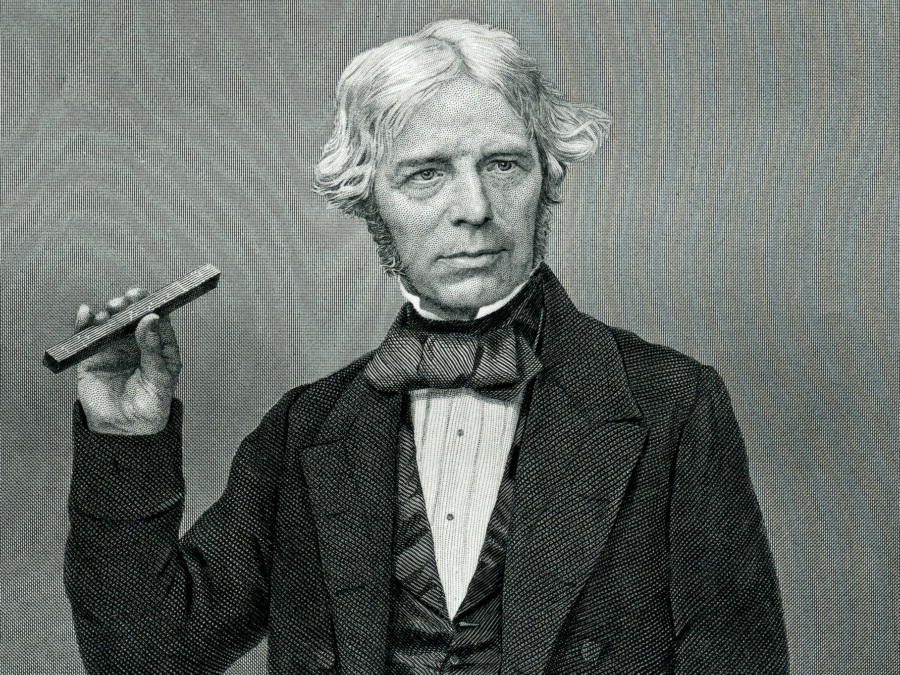
Time Frame: 1791 – 1867
Michael Faraday was an English physicist and chemist whose pioneering research in the field of electrochemistry and electromagnetism allowed him to illustrate how to easily use electricity. Even though electricity existed long before Faraday, his work paved the way for electricity to be employed in an uncomplicated and practical manner in technology, changing the world as we know it. Faraday discovered the effect of magnetism on light, invented the electric motor, invented the dynamo, discovered the organic compound benzene, and illustrated the connection between electricity and chemical bonding, among other achievements.
42. George Washington
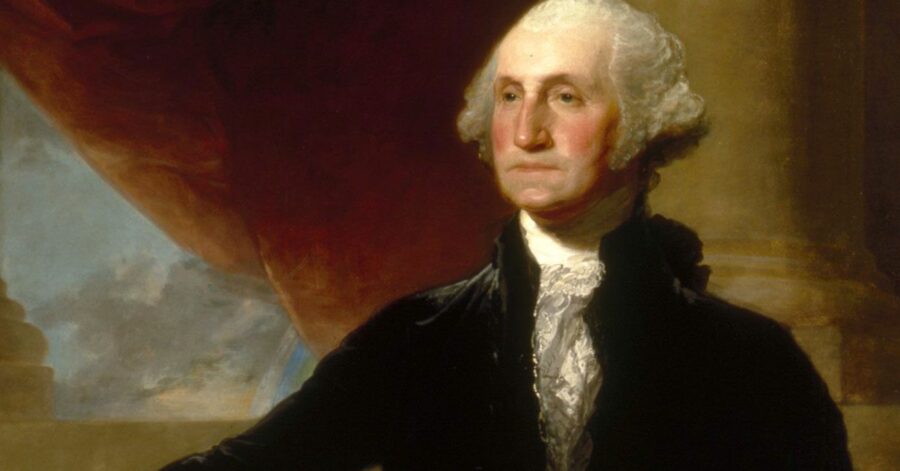
Time Frame: 1732 – 1799
The picture on the $1 bill, Founding Father George Washington was a political leader, statesman, and a military leader in the 18th century. Regarded as the ‘Father of the Nation,’ Washington was the 1st President of the United States and served in office between 1789 to 1797. He was known to embody a number of great traits such as courage, honesty, integrity, resolve, and self-discipline, which helped him become a symbol of Republican democracy. One of the most influential people to ever exist, he signed the American Constitution, and the Declaration of Independence, setting the precedence for all future leaders to follow.
43. Alexander Graham Bell
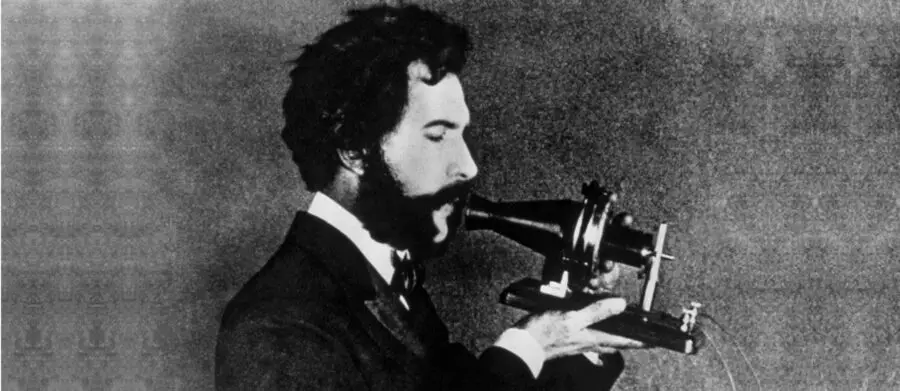
Time Frame: 1847 – 1922
Alexander Graham Bell was a Scottish inventor, engineer, and scientist, who gave the world one of its greatest technological inventions. Bell invented and patented the first practical and modern telephone, changing how we communicate with one other forever.
His invention was inspired by his own personal life. Bell’s mother and wife were both deaf, and he himself was a teacher to the deaf, sparking his interest in sound technology. Bell managed to secure 18 patents for all his discoveries and inventions in the realm of communications.
44. Julius Caesar
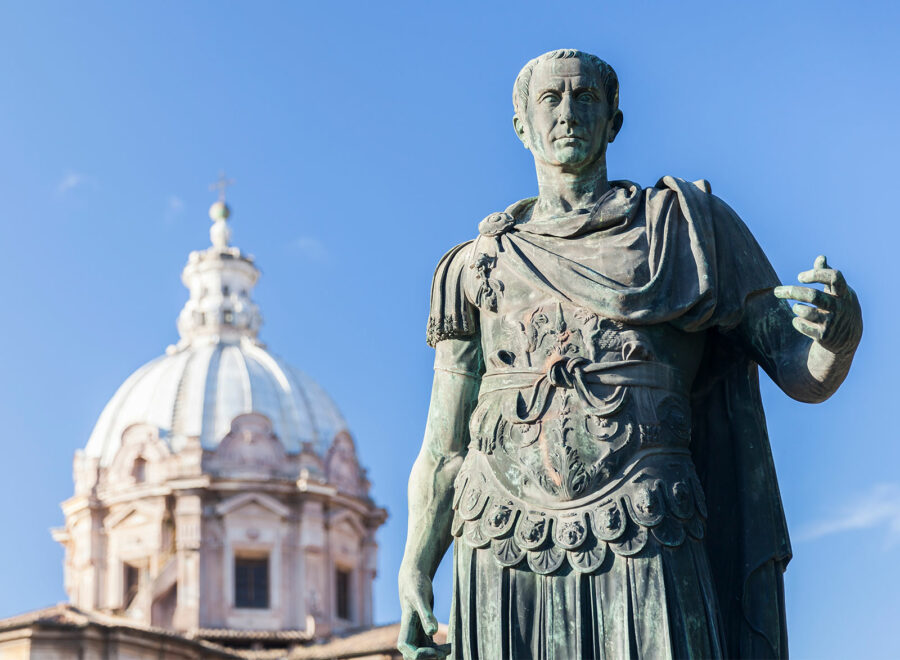
Time Frame: 100 BC – 44 BC
A true revolutionary, Julius Caesar was a Roman statesman and general who transformed the Roman Republic into the Roman Empire, becoming the very first Roman emperor. As the leader of the empire, Caesar brought on many positive changes. He introduced a new calendar that was based on the Egyptian model of the sun, and become a foundation for the modern Western calendar.
Caesar’s novel laws also led to the reallocation of power and wealth to a greater section of society. While Caesar had many loyal senators, a number of his radical acts did not sit well with some old aristocratic senates, leading to his eventual murder on the Edes of March.
45. Adolf Hitler
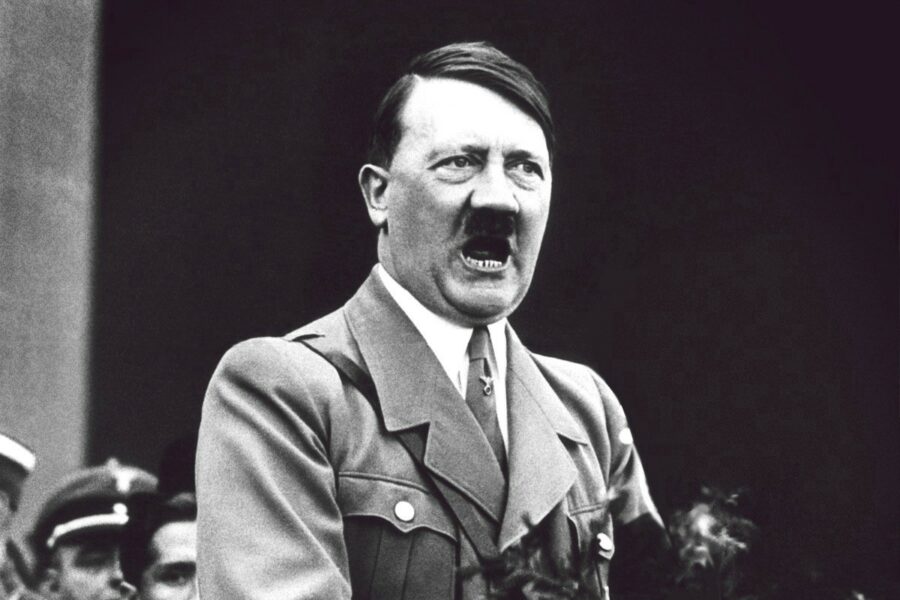
Time Frame: 1889 – 1945
Not all those who are influential use their power for the good. One such example was Adolf Hitler, an Austrian-born German dictator, and politician who led one of the worst genocides ever witnessed across the world. The leader of the Nazi party, Hitler first began to gain prominence and influence through his charismatic speeches, and skillful propaganda.
Hitler is widely considered to be the main cause behind the Second World War, which began in 1939 after he invaded Poland. During his reign, Hitler perpetrated one of the worst tragedies in history, the Holocaust, leading to the death of over 6 million Jews, and millions of other individuals. Today, his name has become synonymous with the notion of pure evil around the world.
46. Thomas Jefferson
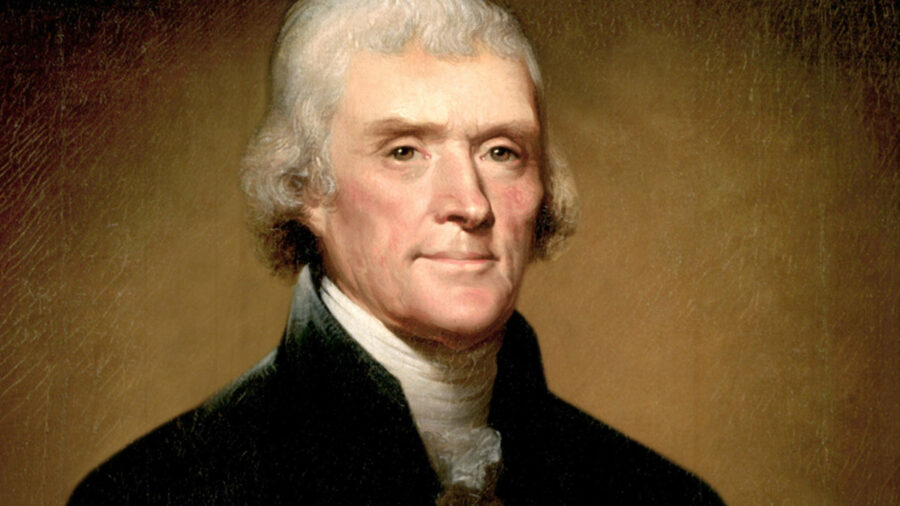
Time Frame: 1743 – 1826
A polymath, Founding Father Thomas Jefferson was an American statesman, philosopher, architect, and lawyer who became the 3rd President of the United States, serving from 1801 to 1809. Jefferson was a Republican advocate for democracy, liberty, and individual rights, and authored the renowned Declaration of Independence back in 1776, as well as the Statute for Religious Freedom in 1777 (adopted by the state of Virginia in 1786). Apart from his time as President of the United States, in his 5 decades of public service, Jefferson served as secretary of state, vice president to John Adams (the second President of the United States), a congressman, and a diplomatic minister.
47. Vasco da Gama
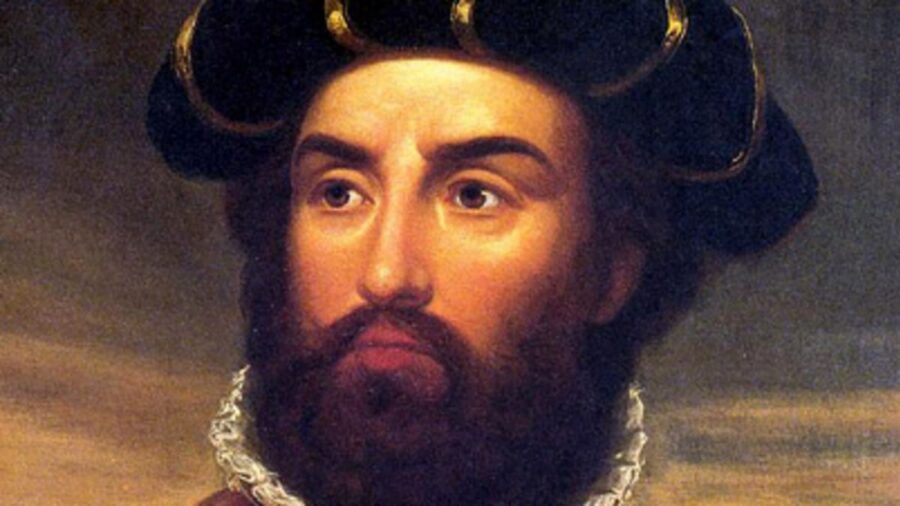
Time Frame: 1460 – 1524
The first European to reach India by sea, Vasco da Gama was a Portuguese navigator and explorer. His maiden voyage to India in 1497, marked the first endeavor to link Europe and Asia by sea, connecting the West to the Orient by the ocean for the very first time in history. Gama’s ocean expedition led to centuries of global imperialism, with the Portuguese being the first to establish an empire in Asia. During his time, Vasco da Gama led 4 voyages to India and was labeled the ‘Governor of India,’ by the Portuguese King. These expeditions allowed an increase in Portugal’s power and wealth and paved the way for the future British colonization of India.
48. James Clerk Maxwell
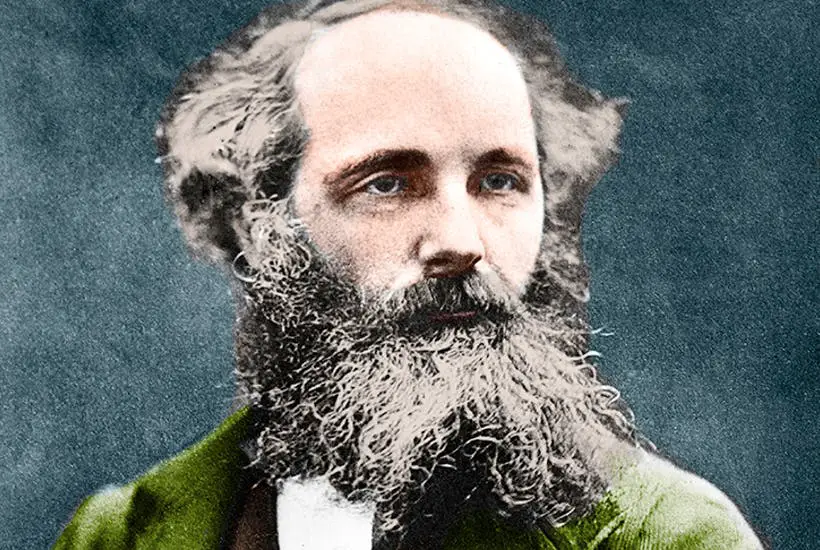
Time Frame: 1831 – 1879
One of the most influential names in the realm of science today, James Clerk Maxwell was a Scottish physicist who gained prominence for discovering the classic theory of electromagnetic radiation. His pioneering research on electricity and kinetics helped lay the groundwork for special relativity and quantum mechanics.
A true polymath, apart from his work as a scientist, Maxwell also spent time creating art and poetry, as well as writing about connections between science and Christianity. Along with Isaac Newton and Albert Einstein, James Clerk Maxwell is widely considered to be one of the three greatest scientists of all time.
49. Genghis Khan
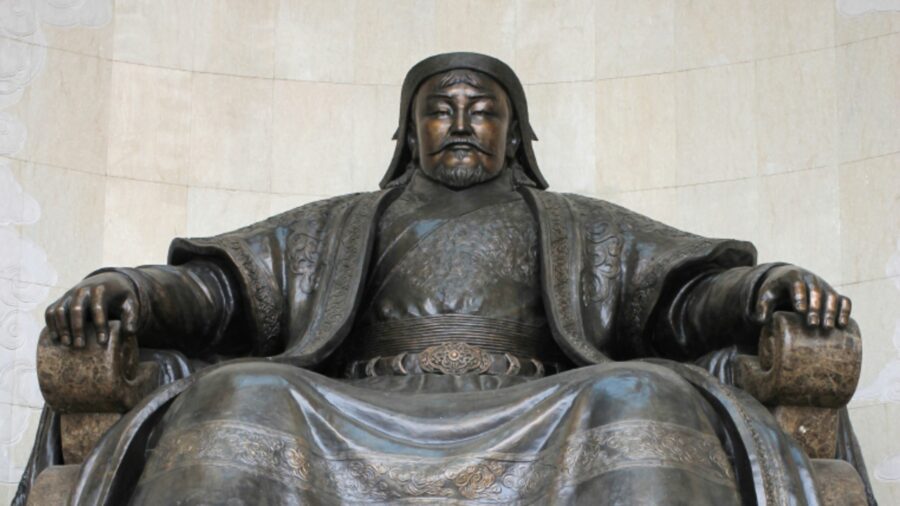
Time Frame: c. 1158 – c. 1227
Perhaps the most famous and skillful conquers to exist in the history of time, Genghis Khan was a Mongolian military commander, warrior, and ruler. He found the Mongol Empire and subsequently went on to take over a large portion of Europe and Asia, stretching from Poland in Europe, to Levant in Middle East.
His army was known to massacre large groups of civilians and leave a trail of bloodshed along their way, creating fear, panic, and destruction. Khan may have divulged in a plethora of morally wrong decisions, but was able to create the largest contiguous empire across the world, becoming one of the most influential people to ever exist.
50. William T.G. Morton
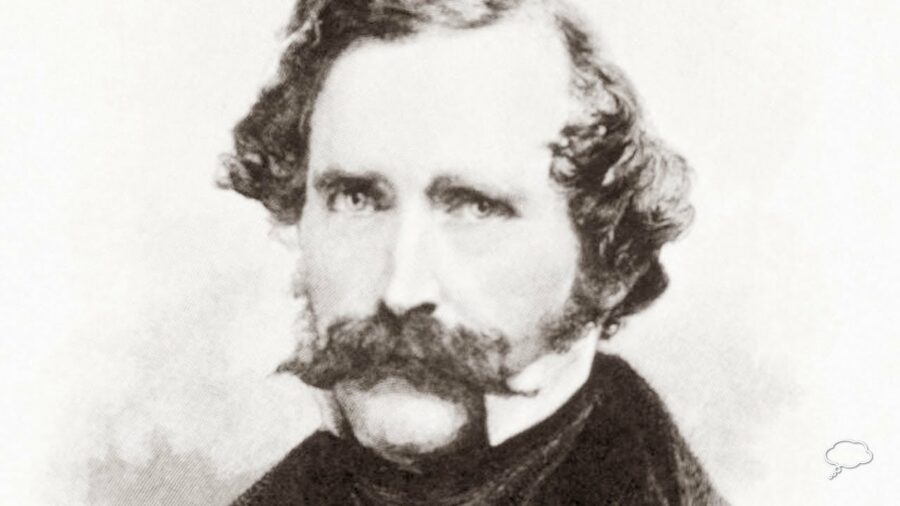
Time Frame: 1819 – 1868
Born in Massachusetts in 1819, William T.G. Morton was an American dentist who rose to prominence for being the first individual to publicly showcase and popularize the use of anesthetics during operations in 1846. Morton was not the first to discover the use of ether as a surgical anesthetic but became a pioneer in exhibiting its use for uncomfortable operations, leading to widespread recognition and acceptance of the drug across the world.
The introduction of anesthetics has greatly helped the world of medicine, allowing physicians to perform more complicated procedures, as well as for patients to withstand highly painful operations such as amputations.






